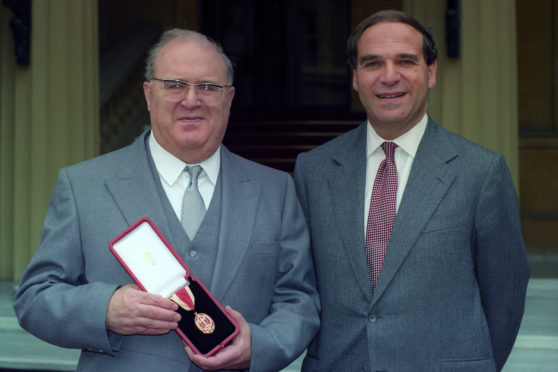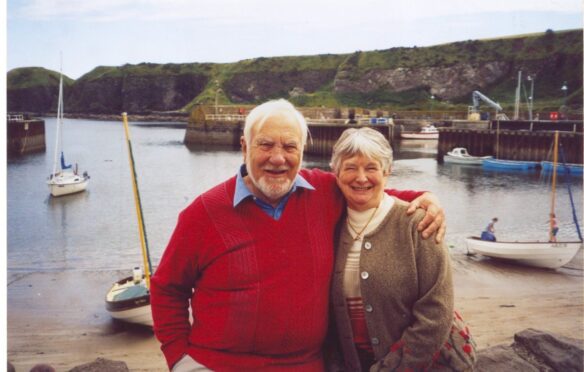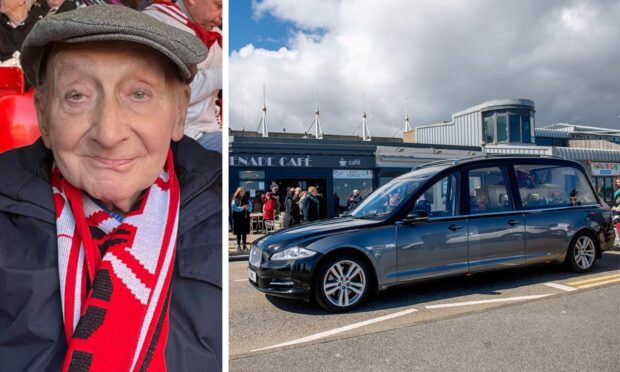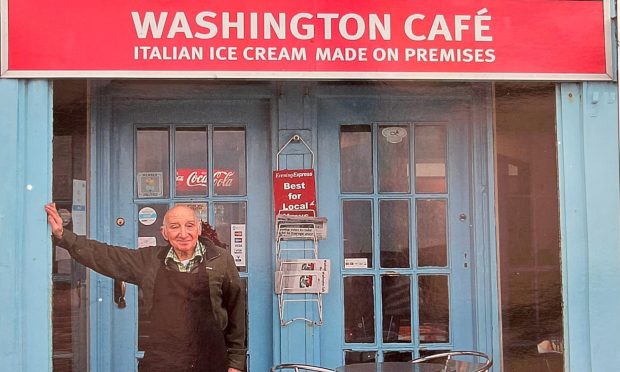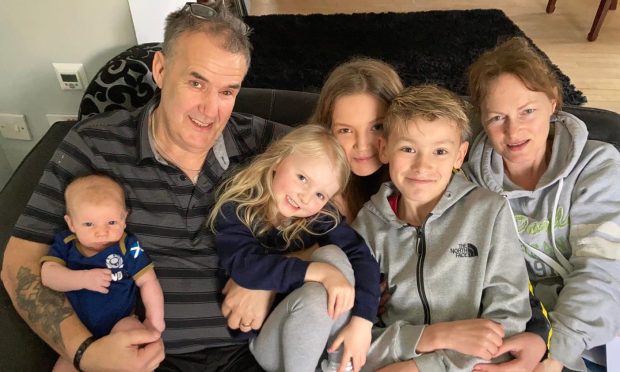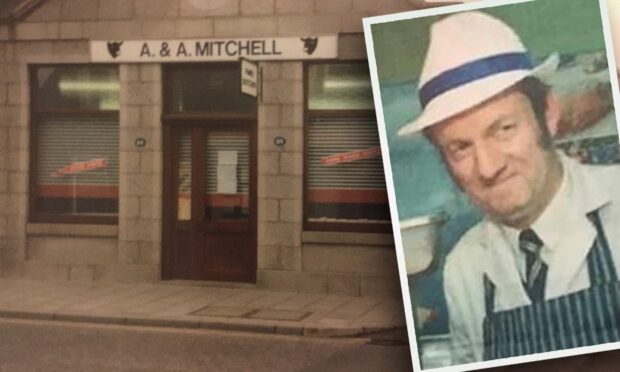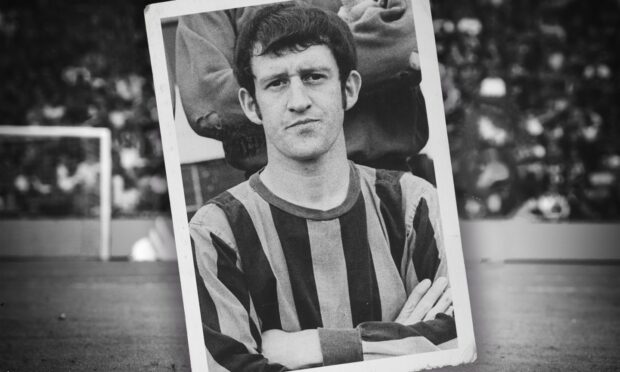Sir Samuel Brittan was not only an author and journalist but an influential figure to two British prime ministers.
The libertarian writer, born in December 1933, was the first economics correspondent for the Financial Times, and later a long-time columnist as well as author.
Born in England, he was the son of Lithuanian Jews who had migrated to Britain before the Second World War.
Mr Brittan was educated at Kilburn Grammar School in north-east London and gained a first class degree in economics from Jesus College in Cambridge.
In 1961, he was appointed economics editor at The Observer newspaper. He served in that post for three years before, in 1965, becoming an advisor to the UK’s Department of Economic Affairs.
After his spell in Whitehall he was appointed as an economic commentator at the Financial Times in 1966. His columns were essential reading for those following Harold Wilson’s new Labour government’s agenda, and it’s with that title that he served the rest of his career.
Most notably, in March 1981, Mr Brittan spoke out to openly defend then Prime Minister Margaret Thatcher’s economic policy after leading economists wrote a letter to The Times criticising her Conservative government’s plans.
His younger brother Leon Brittan was Home Secretary then president of the Board of Trade under Mrs Thatcher’s conservative government in the same era, and their cousin Malcolm Rifkind served in ministerial posts under her and her successor John Major.
Mr Brittan’s columns have been described as “essential reading for anyone who wanted to understand economic policy for nearly 50 years”, and his work was recognised with Honorary Doctorates from Edinburgh’s Heriot-Watt University and the University of Essex in 1985 and 1994, respectively.
In 1993, he was knighted “for services to economic journalism”.
As an author, he published eight books during his career and was awarded the Orwell, Senior Harold Wincott and Ludwig Erhard prizes.
Brittan died on October 12, aged 86.
